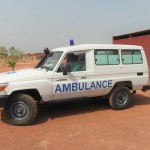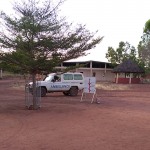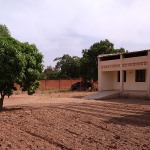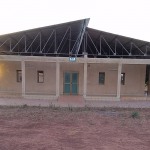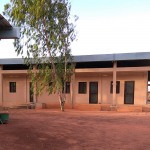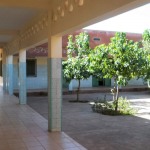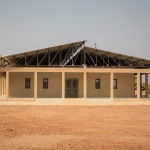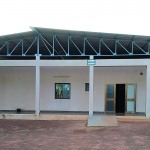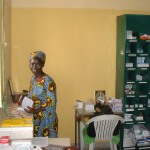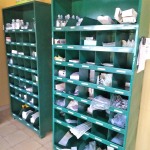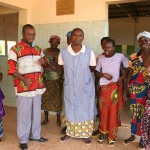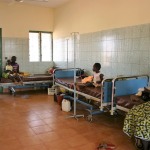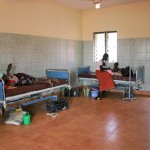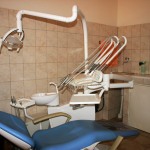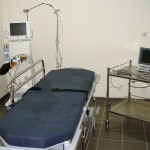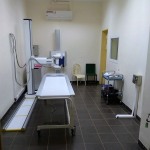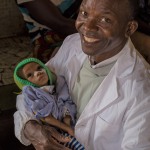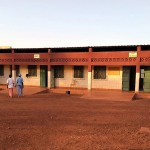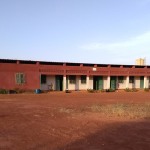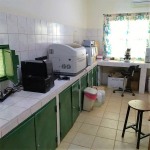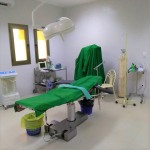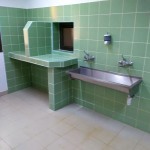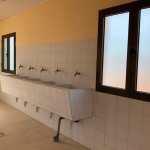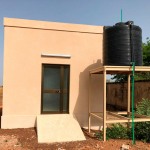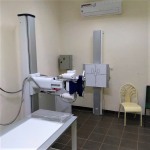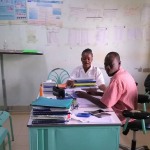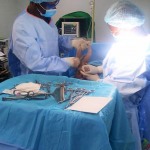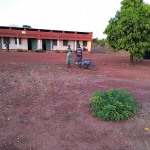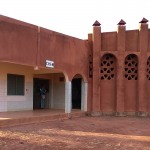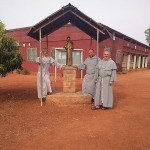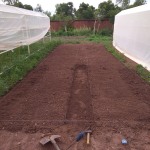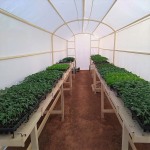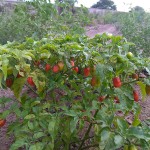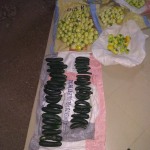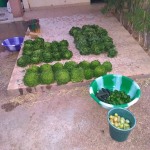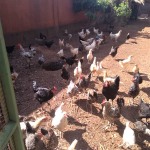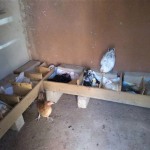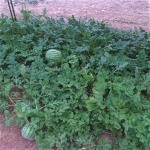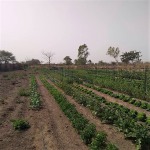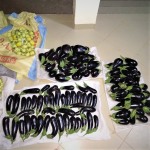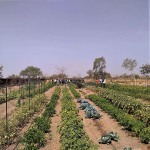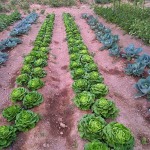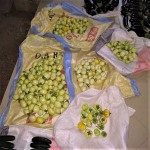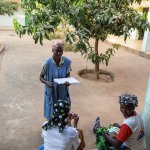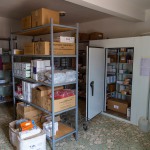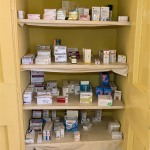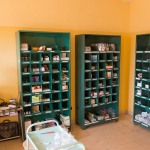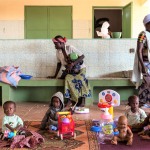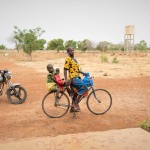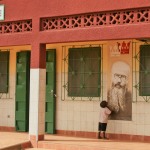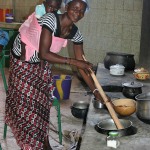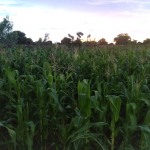One of the youngest presences of our Order is found in the African nation of Burkina Faso. The friars have been there since September 12, 2001, giving witness to the Gospel through their truly simple lifestyle. There were no anniversary celebrations scheduled this year, due to the pandemic. However, the friars have many other commitments that must be carried out.
Here is an interview with one of our local missionaries, Friar Tomasz KRĘT, Director of the St. Maximilian Kolbe Medical Center in Sabou, a town in the Boulkiemdé Province of central-western Burkina Faso.
I don’t suppose there was any way you could to celebrate the anniversary of the friars’ arrival in Burkina Faso. There just wasn’t time for it.
“That’s true, this year we had no special celebrations. However, in our communities, we thanked God for giving us the grace to bear witness to him, especially in a society that is so culturally and religiously diverse.”
The friars serve in two places in Burkina Faso: Ouagadougou and Sabou. They do pastoral ministry, dig wells and set up schools. Has the virus made this kind of work problematic?
“A little, but we have managed quite well. Until recently, there were travel bans in the country and restrictions on public meetings. Cities were kept in isolation. Of course, the same health recommendations were implemented in many other countries. The current situation has had a clear effect on the spiritual dimension, too. It seems that most of society feels frightened, in fact, people are scared all around the world.”
I imagine that the greatest challenges are to be found in a medical center. Is the pandemic making life difficult there?
“Our medical center followed similar protocols back when there were Ebola cases in some neighboring countries. So we’re used to battle. We just need to be more watchful, pay attention to hygiene and reduce the number of family members who visit the sick.”
So, is the center fully operational?
“Yes, this is our mission. It is difficult to leave others in need. We provide missing nutrition for under-nourished children. We treat people with malaria. Our wards for surgery, pediatrics, lab diagnostics and radiology are functioning. The ambulance is always on the move, responding to calls and accidents. Furthermore, we have many additional commitments because we are the “go-to” hospital for a district with a population of 112,000. We operate twenty-four hours a day, seven days a week. We are almost like a supermarket with good prices and an interesting selection.”
Does it seem you have to work harder than ever just to keep the Center running from day to day?
“Indeed, it does. At the beginning, many of hygienic materials we needed were in short supply and the prices went up. Therefore, we contacted various institutions and asked for their support. The Italian Episcopal Conference (CEI) helped us purchase of a lot of materials and equipment. The Polish Episcopal Conference co-financed the purchase of food and milk products. The “Emergenza Sorrisi” Foundation organized on-line training for the hospital staff. One could truly see God’s Providence in all of this.”
Speaking of groceries: How do they get to the hospital? It seems that must involve a lot of work.
“We run a kitchen for patients and employees. In addition, for some time, we have been cultivating a vegetable garden and raising poultry in order to supplement the menu we offer.”
In closing, I would like to express my deep gratitude to all those who support our work of saving lives and improving human health. Every day, the friars and the staff pray together in the hospital chapel. We commend all of our benefactors to God through the intercession of St. Maximilian, and we ask God’s grace to make us instruments in building his kingdom.
In particular, we thank CEI, “Caritas Antoniana” [a charitable institution], the Province of St. Bernardine and St. Angelo in Italy (Abruzzo), the Province of the Immaculate Mother of God in Poland (Warsaw), and the “Sięgnij Nieba” Foundation of Poland, for their support and financial aid in realizing our projects. God bless you all!
On the website of the “Sięgnij Nieba” Foundation you can find videos about Conventual Franciscan facilities in Burkina Faso. Go to: https://siegnijnieba.pl.
Office of Communications







